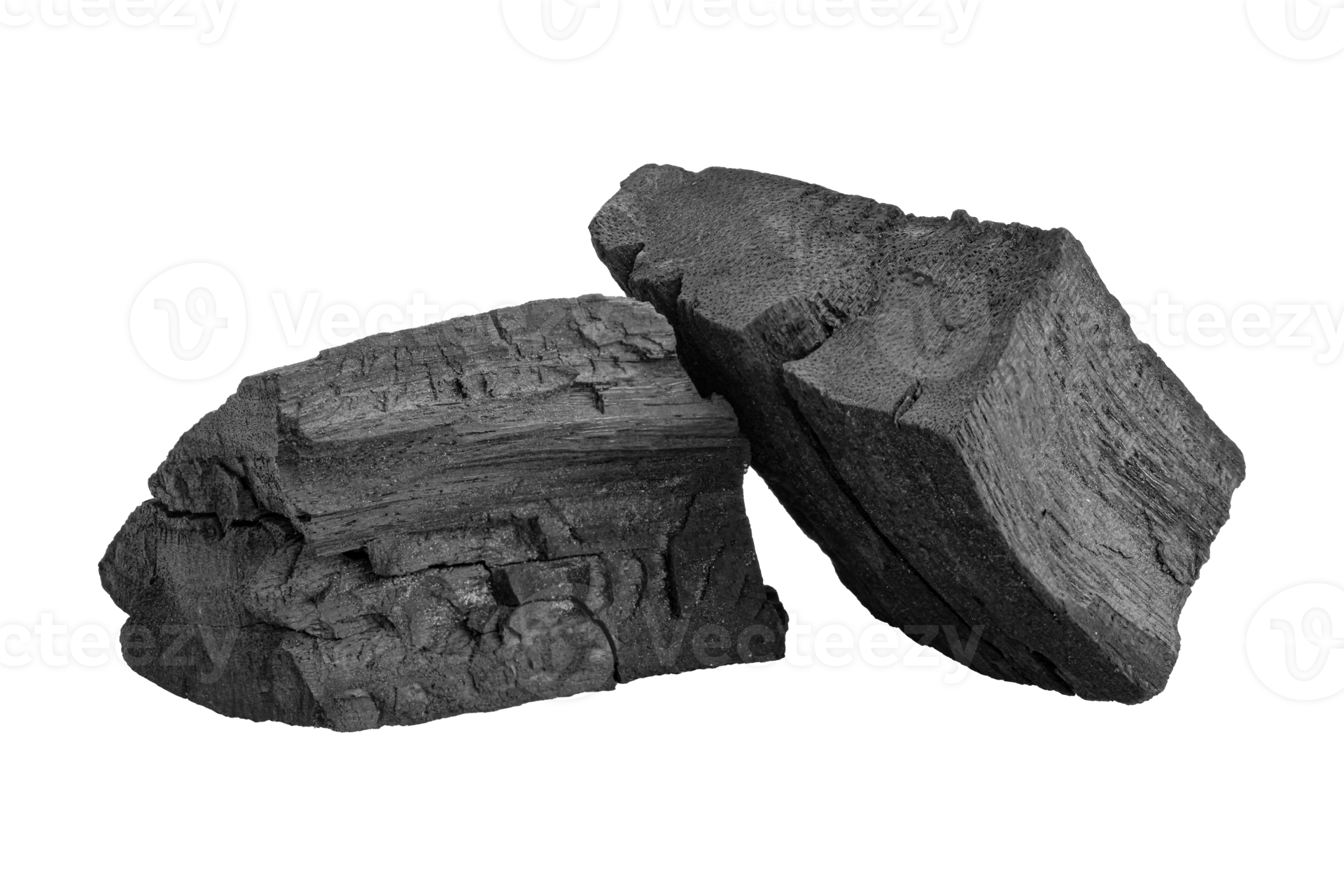Health Benefits and Uses of Activated Charcoal

Activated charcoal is a fine, black powder made from materials like coconut shells, wood, or peat heated to very high temperatures. This process makes it highly porous, allowing it to trap toxins and chemicals in the gut, preventing their absorption into the body.
Health Benefits of Activated Charcoal
- Detoxification: Activated charcoal is well-known for its ability to bind to toxins and chemicals in the body, helping to flush them out.
- Alleviating Gas and Bloating: It can reduce gas and bloating by binding to gas-causing byproducts in foods.
- Kidney Health: Activated charcoal may assist kidney function by filtering out undigested toxins and drugs.
- Lowering Cholesterol: Some studies suggest that activated charcoal can help reduce cholesterol levels by binding to cholesterol and bile acids in the gut.
- Teeth Whitening: It is often used in toothpaste to help whiten teeth by absorbing plaque and other teeth-staining compounds.
- Water Filtration: Activated charcoal is used in water filters to remove impurities and contaminants.
- Skin Health: It can be used in face masks and scrubs to help clear up acne and improve skin health by drawing out impurities.
- Anti-Ageing: By removing toxins and chemicals that cause damage to the body, activated charcoal may help reduce the effects of ageing.
- Digestive Health: It can help alleviate symptoms of digestive issues by binding to toxins that cause gastrointestinal distress.
- Emergency Poison Treatment: In medical settings, activated charcoal is used to treat overdoses and poisonings by preventing the absorption of toxins in the stomach
The Chemical Properties of Activated Charcoal

Activated charcoal, also known as activated carbon, is primarily composed of carbon atoms. However, its chemical composition can include other elements depending on the source material and activation process.
- Carbon: The primary element, making up the majority of activated charcoal.
- Hydrogen: Present in small amounts.
- Oxygen: Often found in the form of various functional groups like carboxyl, carbonyl, and phenol.
- Nitrogen: Can be incorporated into the structure during the activation process.
- Sulfur: May be present in trace amounts.
These elements contribute to the porous structure and large surface area of activated charcoal, which is key to its ability to adsorb toxins and impurities
How to Activate Charcoal for Health Uses
To activate charcoal for health uses, you need to follow a specific process to ensure it is safe and effective. Here’s a general guide:
- Source Material: Start with a carbon-rich material like wood, coconut shells, or peat.
- Heating: Heat the material to a very high temperature (600-900°C) in an environment without oxygen. This process is called pyrolysis.
- Activation: After pyrolysis, the charcoal is treated with activating agents like steam, oxygen, or certain chemicals (e.g., phosphoric acid, zinc chloride). This step increases the surface area and creates a porous structure.
- Cooling and Washing: Cool the activated charcoal and wash it to remove any residual chemicals or impurities.
- Drying: Dry the charcoal thoroughly before use
How to Use Activated Charcoal as Medicines
Activated charcoal can be used medicinally in various ways. Here are some common methods:
- Poisoning and Overdose: In emergency settings, activated charcoal is used to treat poisoning or drug overdoses. It works by binding to the toxins in the stomach and preventing their absorption into the bloodstream. This should always be done under medical supervision.
- Digestive Issues: For issues like gas and bloating, activated charcoal can be taken in capsule or powder form. It helps by binding to gas-causing byproducts in the gut.
- Cholesterol Reduction: Some studies suggest that activated charcoal can help lower cholesterol levels by binding to bile acids in the gut, which are then excreted from the body.
- Teeth Whitening: Activated charcoal can be used as a toothpaste to help whiten teeth by absorbing plaque and other teeth-staining compounds. Use it sparingly to avoid enamel damage.
- Skin Care: Activated charcoal is used in face masks and scrubs to draw out impurities from the skin, helping to clear up acne and improve overall skin health.
- Water Filtration: While not a direct medicinal use, activated charcoal is used in water filters to remove impurities and contaminants, providing cleaner drinking water.
- Anti-Aging: By removing toxins and chemicals that cause damage to the body, activated charcoal may help reduce the effects of ageing.
- Digestive Health: It can help alleviate symptoms of digestive issues by binding to toxins that cause gastrointestinal distress.
- Kidney Health: Activated charcoal may assist kidney function by filtering out undigested toxins and drugs.
Dosage and Administration:
- For Poisoning: A healthcare professional administers a single dose of 50-100 grams.
- For Digestive Issues: 500-1,000 mg per day, taken in divided doses
- For Cholesterol: 4-32 grams per day, divided into two doses.
Precautions:
- Always consult with a healthcare provider before starting any new treatment.
- Ensure you are using food-grade activated charcoal, not the type used for barbecues.
- Drink plenty of water when taking activated charcoal to help it move through your digestive system.









Review Activated Charcoal (Health Benefits).
You must be logged in to post a review.